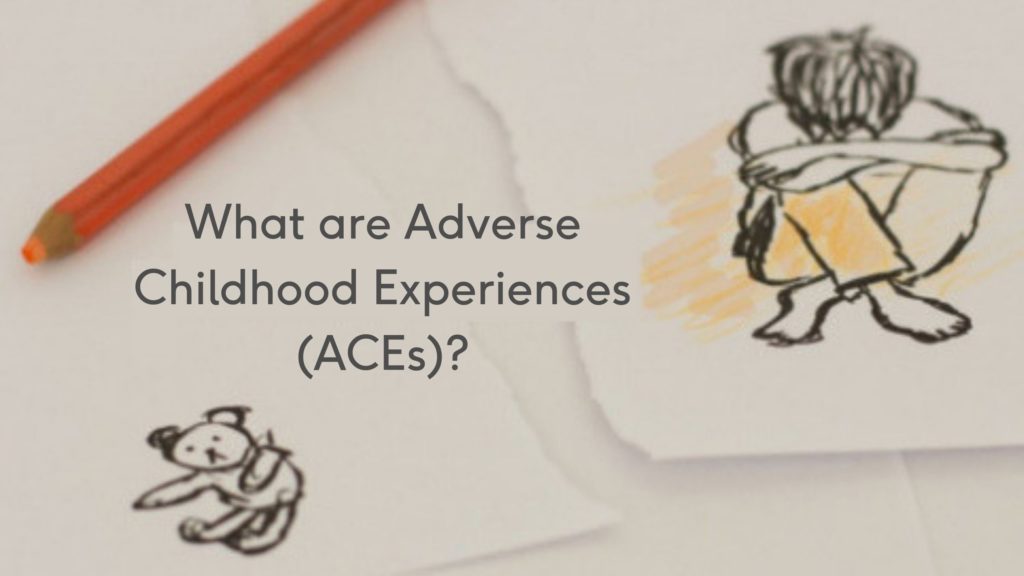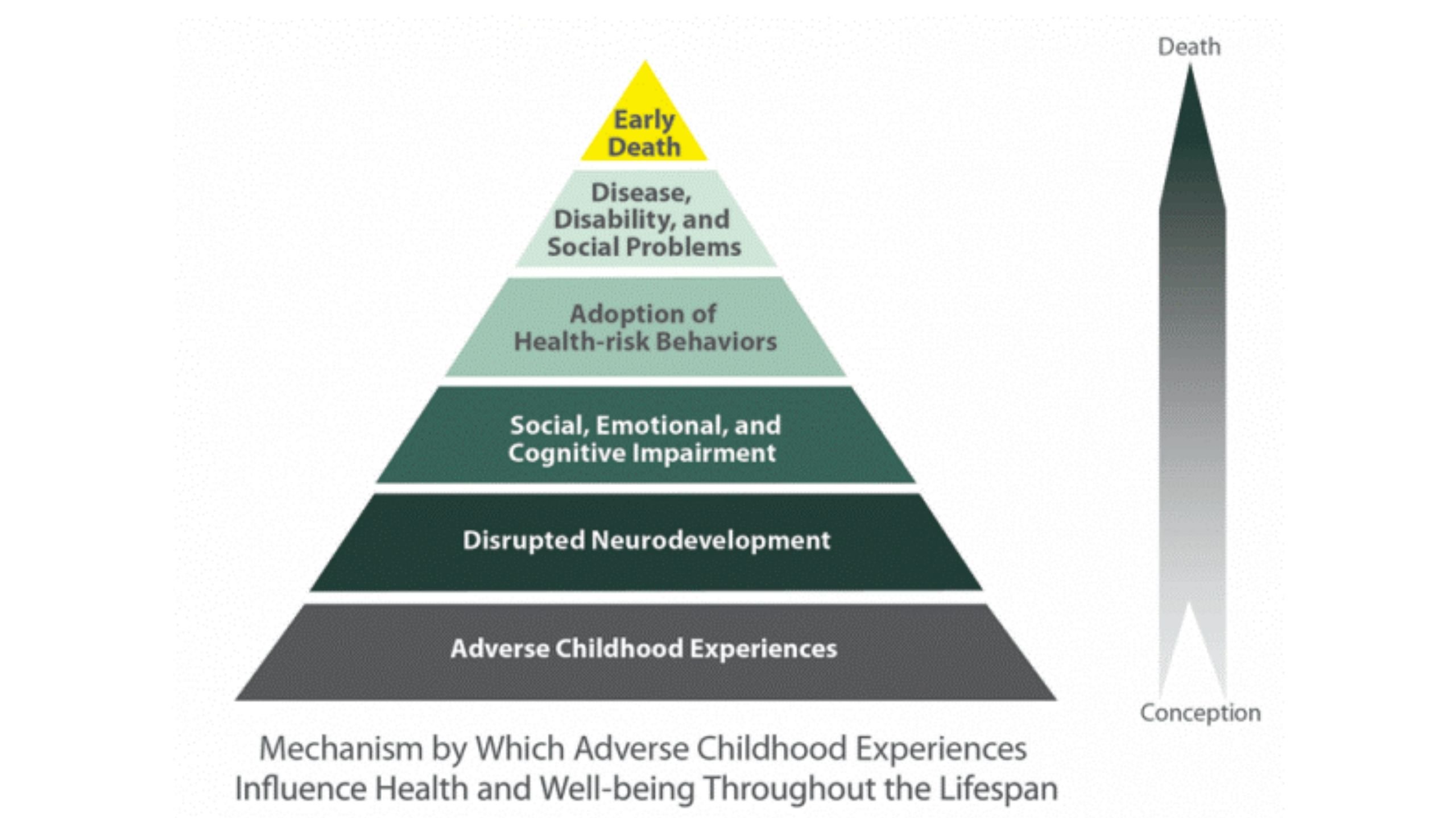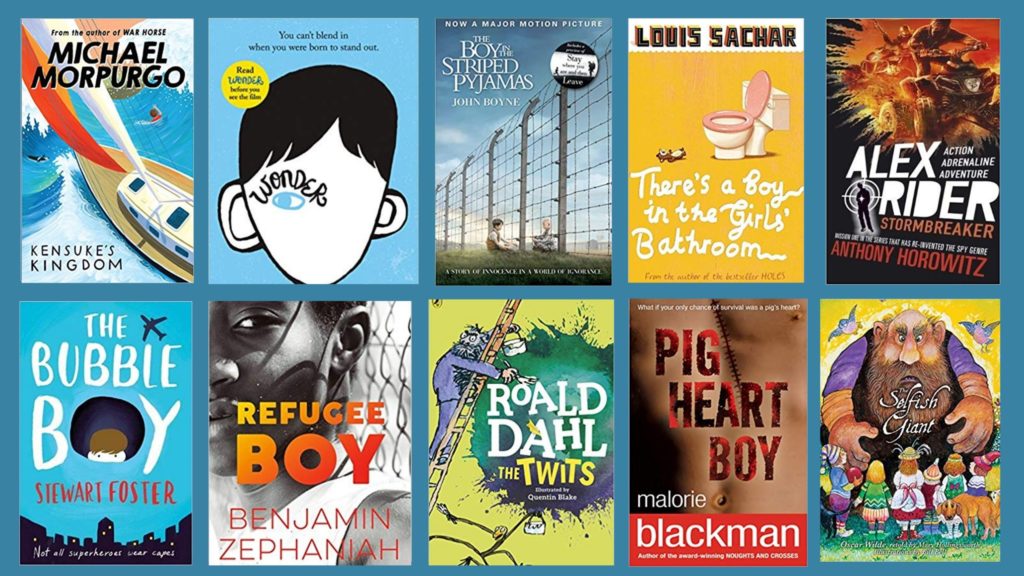What are Adverse Childhood Experiences (ACEs)?

The term Adverse Childhood Experiences (ACEs) is used to describe a wide range of stressful or traumatic experiences that children can be exposed to whilst growing up.
These can be experiences that directly harm a child (such as physical, verbal or sexual abuse, and emotional neglect) to those that affect the environment in which a child grows up (including parental separation, domestic violence, mental illness, alcohol abuse, or drug use). These experiences can have a negative impact on that child’s life experiences and health when they become an adult.
The term ACE came from a study that was conducted in Southern California from 1995 to 1997. Around 17,000 university educated people completed surveys about their childhood experiences, current health status and behaviours, and received physical examinations.
The findings of this research resulted in the development of the ‘ACE Pyramid’, which represents the link between childhood experiences, adult health and wellbeing outcomes:

Comparative studies were then conducted in the UK in 2012 & 2013 and found that there were similar links as in the U.S. to ACEs being strongly associated with negative behavioural, health and social outcomes for the people studied.
The 2013 study also found that almost half of the general population reported experiencing at least one ACE, with 8% identifying at least four (Bellis et al, 2014bc).
It is important to recognise, however, that there is a distinction between ‘normal’ stressful life events, such as parental divorce or illness of a loved one, and adverse childhood experiences which are very traumatic life events, such as being or seeing someone else physically or sexually abused. It is the latter experiences that will often be associated with post-traumatic stress disorder.
When exposed to stressful situations, the “fight, flight or freeze” response results in our brain producing hormones as part of a normal and protective response to danger. These hormones will usually subside once the stressful situation passes. However, when repeatedly exposed to ACEs, the hormone is continually produced, which results in the child remaining permanently in this heightened state of anxiety and unable to return to their natural relaxed and recovered state.
Children and young people who are exposed to ACEs, therefore, have increased and sustained levels of stress. They are unable to think rationally and it is physiologically impossible for them to learn or develop in the same way a child not having these experiences will; the more ACEs a child experiences the greater the chance of health and/or social problems in adulthood.
If a child discloses that they have experienced a traumatic experience there are things we can do to try and minimise the impact of those experiences. This includes:
- Listening to the child’s experiences & think about how those experiences will have an impact on their healthy development and on their behaviours.
- Recognise the signs, and don’t just think that the child is just misbehaving.
- Try to help them become more grounded, give them choices and allow them to feel more in control.
- Understand that it is likely this will have an impact on any attachment for that child and there will be mistrust. We need to try and build a relationship with the child that is different to ones they have experienced previously, or are currently experiencing.
- It is important to remember that ACEs tend to be passed from generation to generation if parents do not receive support to reflect upon childhood stressors, and to explore how these may feed into current problematic behaviours and ongoing health issues, this, in turn, will impact on their ability to parent well.








Responses